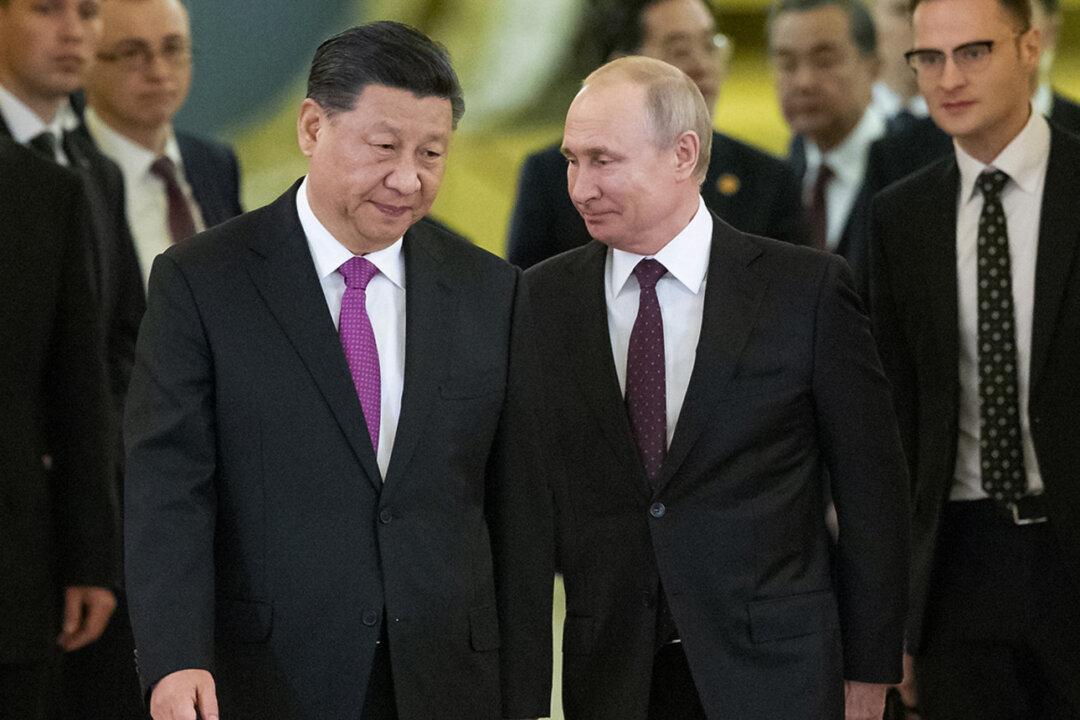Commentary
Vladimir Putin’s imperial Ukrainian gambit is accelerating Communist China’s colonization of Russia. Irony is what irony does.

Vladimir Putin’s imperial Ukrainian gambit is accelerating Communist China’s colonization of Russia. Irony is what irony does.